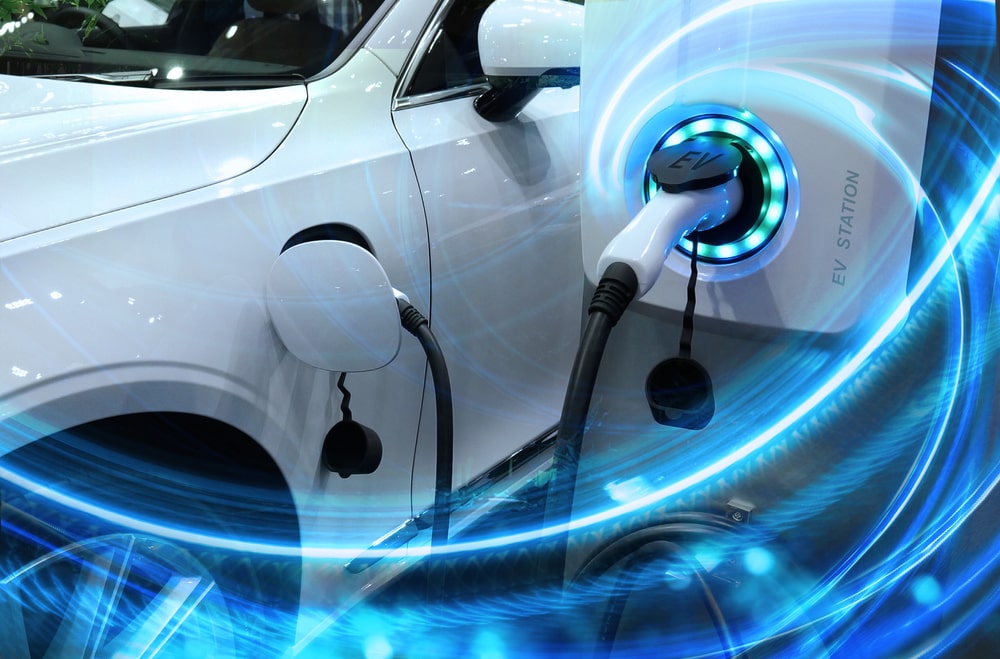
VW and Mercedes-Benz have both signed agreements with the Canadian Government, granting them access to Canada’s large reserve of raw materials such as lithium, cobalt and nickel in the race to produce electric vehicle batteries.
Canada is regarded as many as the big source of these vital raw materials that are required by car manufacturers.
This is particularly appealing to Mercedes, which had previously announced plans to be all-electric by 2030. A goal that will be strengthened by the partnership with Canadian-based Rock Tech Lithium – signed as part of the agreement - to supply 10,000 tons of lithium hydroxide a year.
Meanwhile, VW, hope the deal will secure supplies of lithium, nickel and cobalt for its gigafactories (factories that produce batteries for electric vehicles on gigantic scale) in Europe. The company had previously set up its own standalone company, PowerCo, to manage all aspects of its battery business according to CIPS’ Supply Management blog.
Canada ranks fourth in the world (and is expected to rise to third in 2025), and number one in North America for raw material capabilities in the battery supply chain.
Canada is one of the few countries (in the Western Hemisphere, that is) which has all the materials required to manufacture electric vehicle batteries.
Furthermore, it is already ranked among the top countries for refined nickel production. It has increased its capacity for cobalt, graphite, lithium and rare earth elements processing according to Supply Management. Also, as part of this transition, it will be able to directly supply cathode and anode manufacturers as the next value-added stage of the battery supply chain.

Related Articles
Corporate risk
Corporate risk
Corporate risk